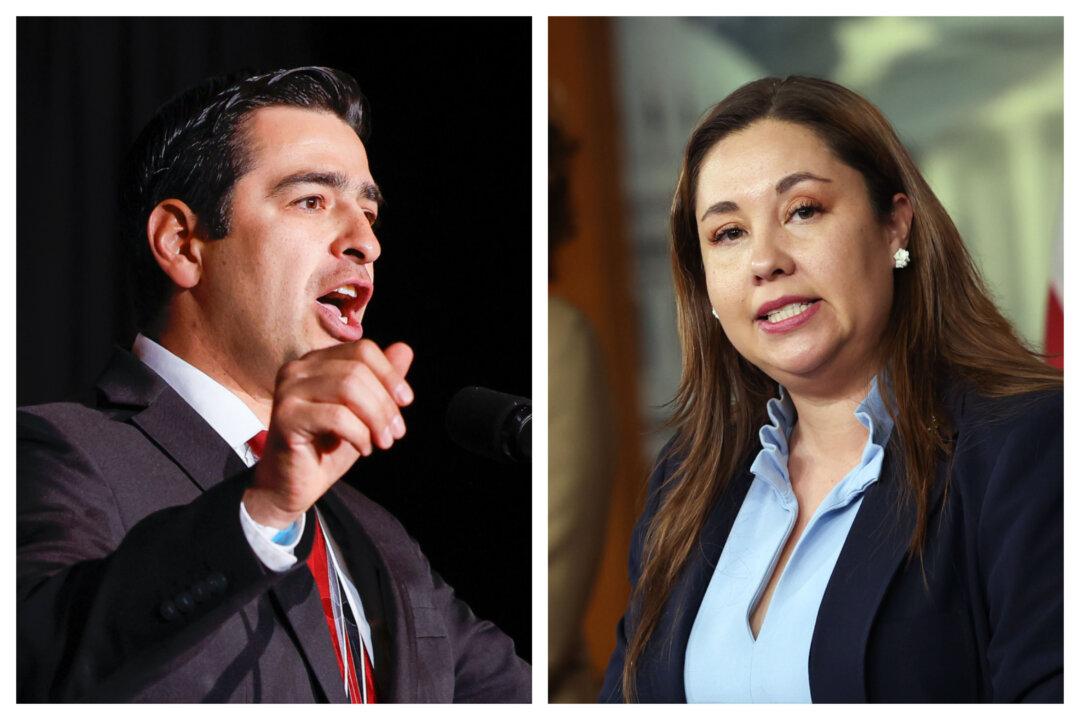U.S. Rep. Yadira Caraveo (D-Colo.) and Colorado state Rep. Gabe Evans, a Republican, faced off in an Oct. 18 debate, in a race that will help decide control of the U.S. House.
Evans—a U.S. Army veteran and former police officer—is seeking to unseat incumbent Caraveo, who is a pediatrician and Colorado’s first Latin American U.S. representative. An Emerson College poll released this month shows the two candidates in a statistical dead heat in the final stretch before Election Day on Nov. 5.





